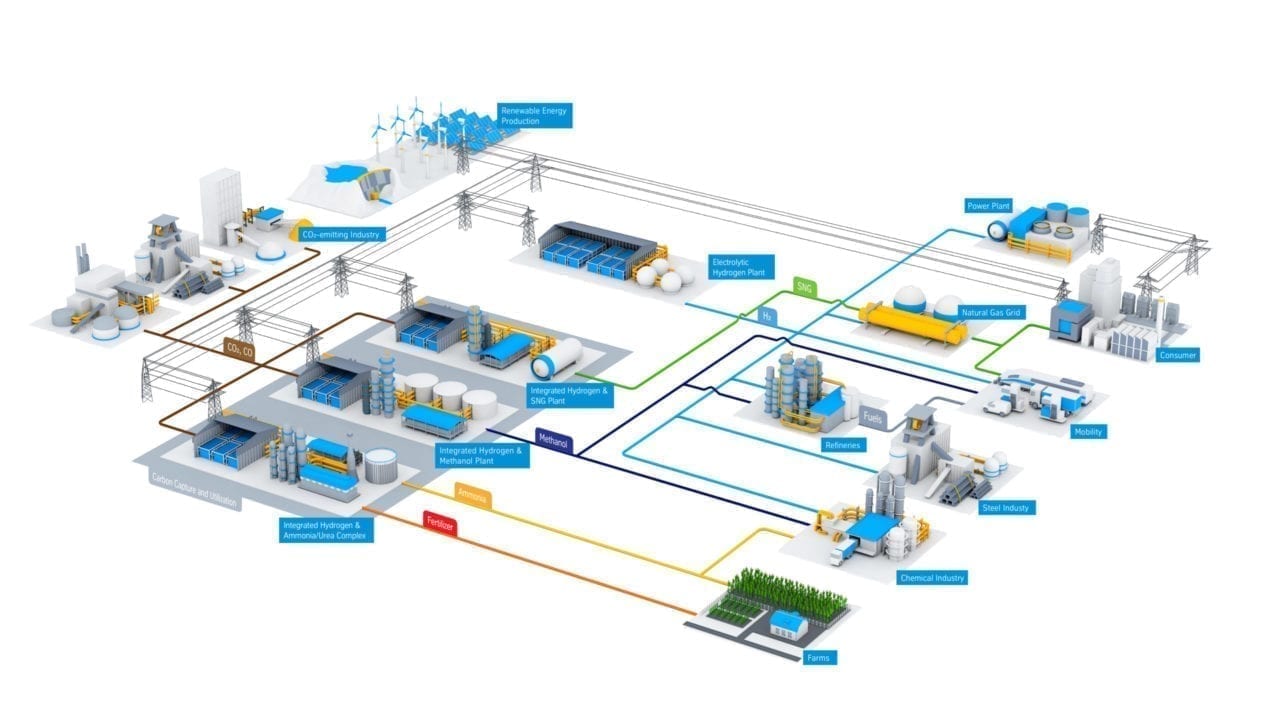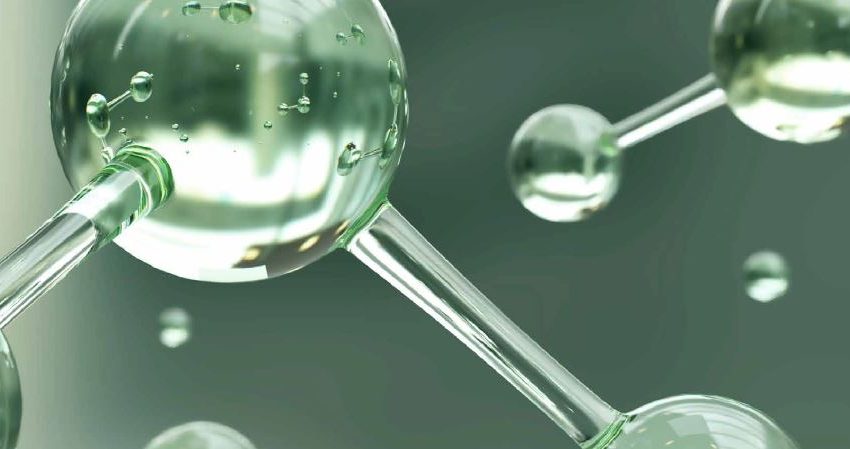
thyssenkrupp Uhde Chlorine Engineers' Green Hydrogen product division has been awarded an engineering contract in order to install an 88 megawatt (MW) water electrolysis plant for Canadian energy company Hydro-Québec after successfully completing a feasibility study. Hydro-Québec, a state-owned company, is one of the largest hydropower suppliers in North America due to the enormous hydraulic energy resources in the province of Quebec.
- Green hydrogen is generated from hydropower by means of electricity and is used to produce biofuels
- Hydro-Québec will operate one of the world's first and most powerful electrolyzers for the production of green hydrogen

The water electrolysis plant will be built in Varennes, Quebec, and is to produce 11,100 metric tons of green hydrogen annually. Both the hydrogen and the oxygen, a by-product of the electrolysis process, will be used in a biofuel plant to produce biofuels from residual waste for the transportation sector.
With a capacity of 88 MW, this plant will be one of the world's first and biggest production facilities for green hydrogen. Commissioning is scheduled for late 2023.
"This project is an excellent illustration of how important the interaction of secure access to competitive renewable energy and the use of scaled technology for hydrogen production is," says Sami Pelkonen, CEO of thyssenkrupp's Chemical & Process Technologies business unit. Denis Krude, CEO of thyssenkrupp Uhde Chlorine Engineers, adds: "Quebec as a region and Hydro-Québec as a customer offer ideal conditions for installing our water electrolysis technology on a multi-megawatt scale for the first time."

Water electrolysis from thyssenkrupp for installations of several hundred megawatts to gigawatt
Water electrolysis is the key technology for decarbonizing the industrial sector as, to date, it is the only scaled technology for producing green hydrogen. Green raw materials only become economically viable if they are produced and used on an industrial scale, as this is the only way that scaling effects can be reflected in an improved cost structure. thyssenkrupp's water electrolysis technology offers the world's largest standard modules, which can be easily combined to achieve capacities in the multi-megawatt and gigawatt range.
"With the expansion of our annual supply chain to one gigawatt, our large standard modules and the global presence of our company as an EPC supplier, we already have an ideal starting position in a market that is becoming more dynamic, " says Christoph Noeres, Head of Green Hydrogen at thyssenkrupp Uhde Chlorine Engineers.
Source: thyssenkrupp.com/en/newsroom/press-releases
